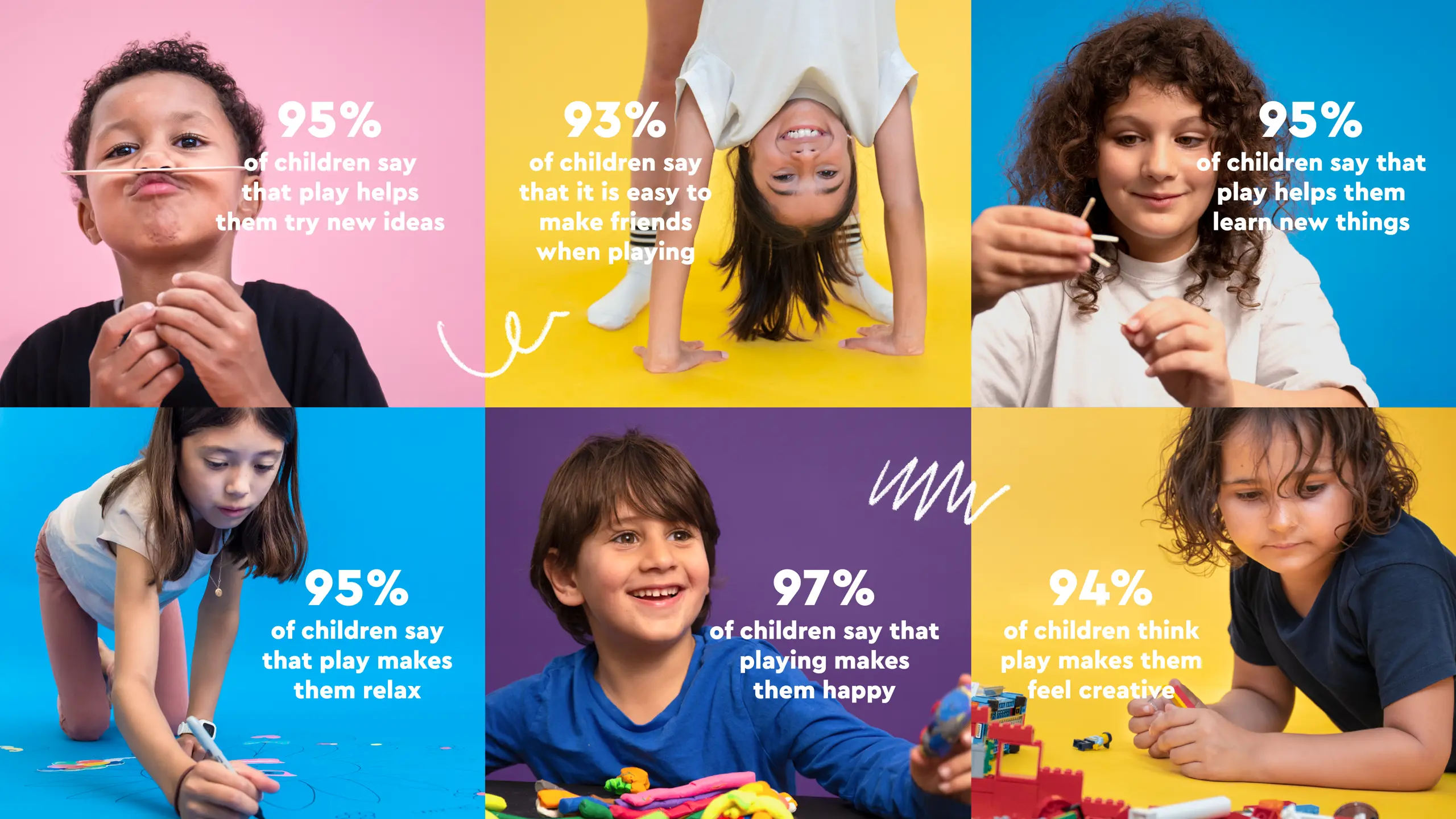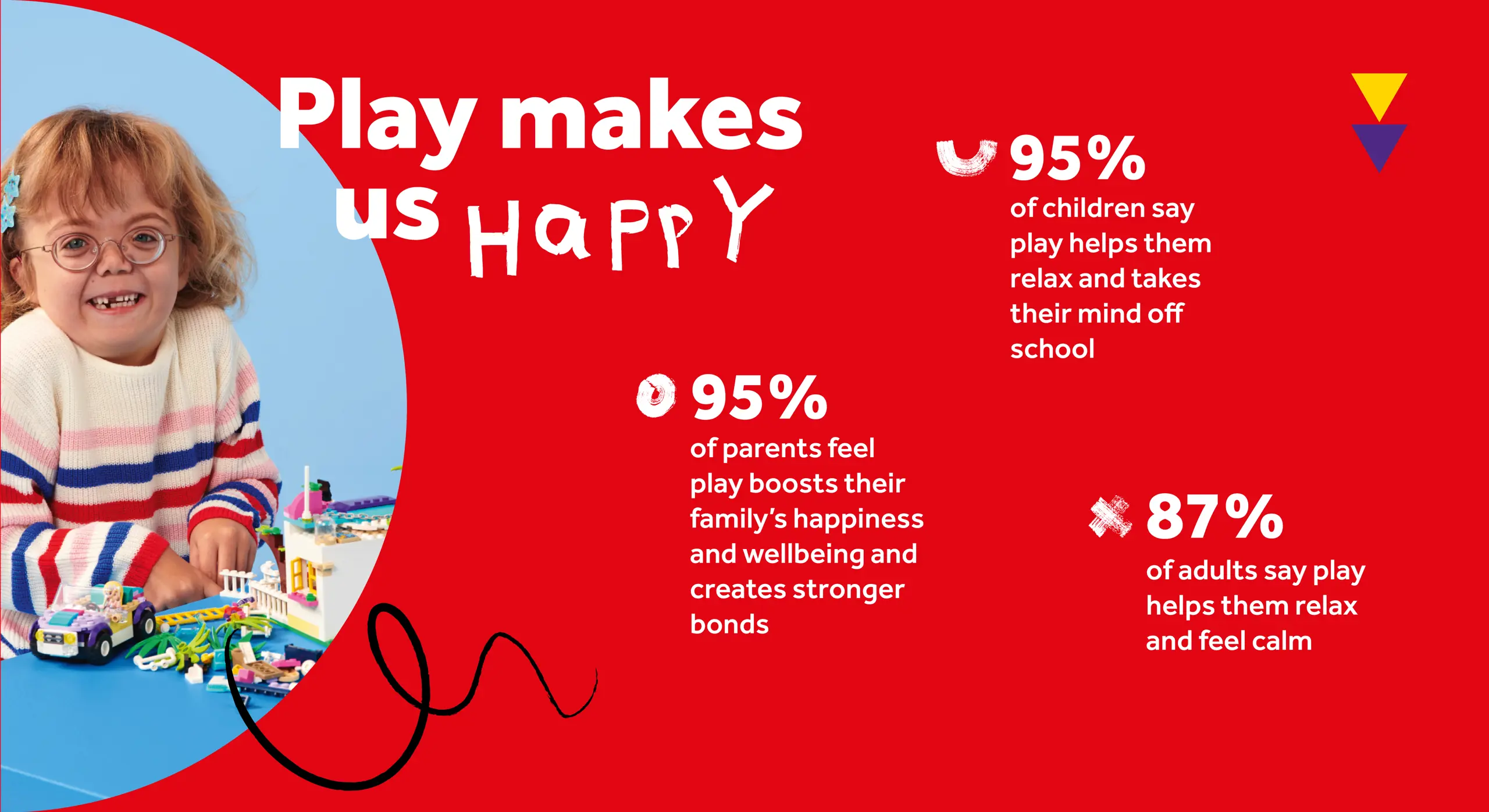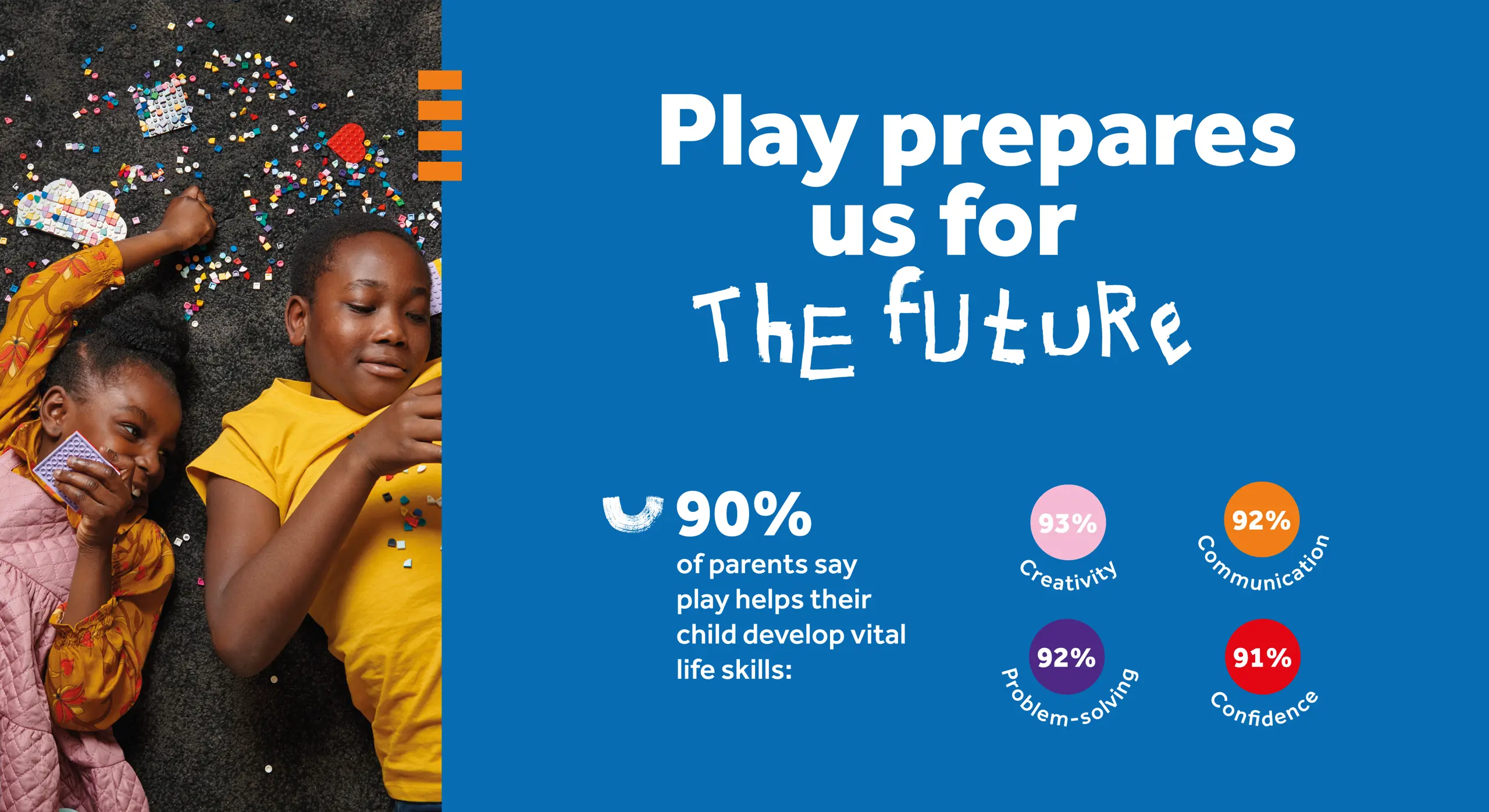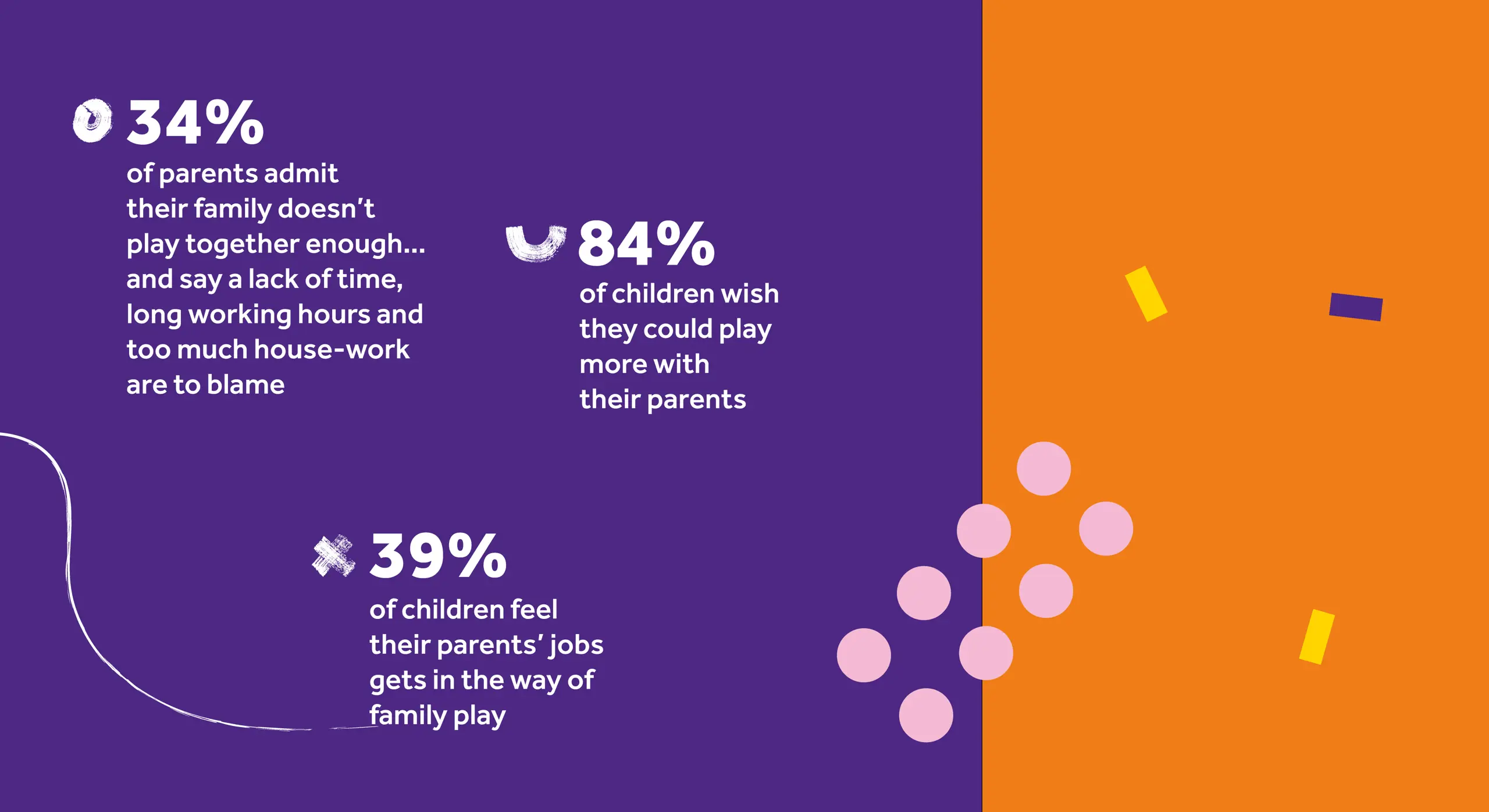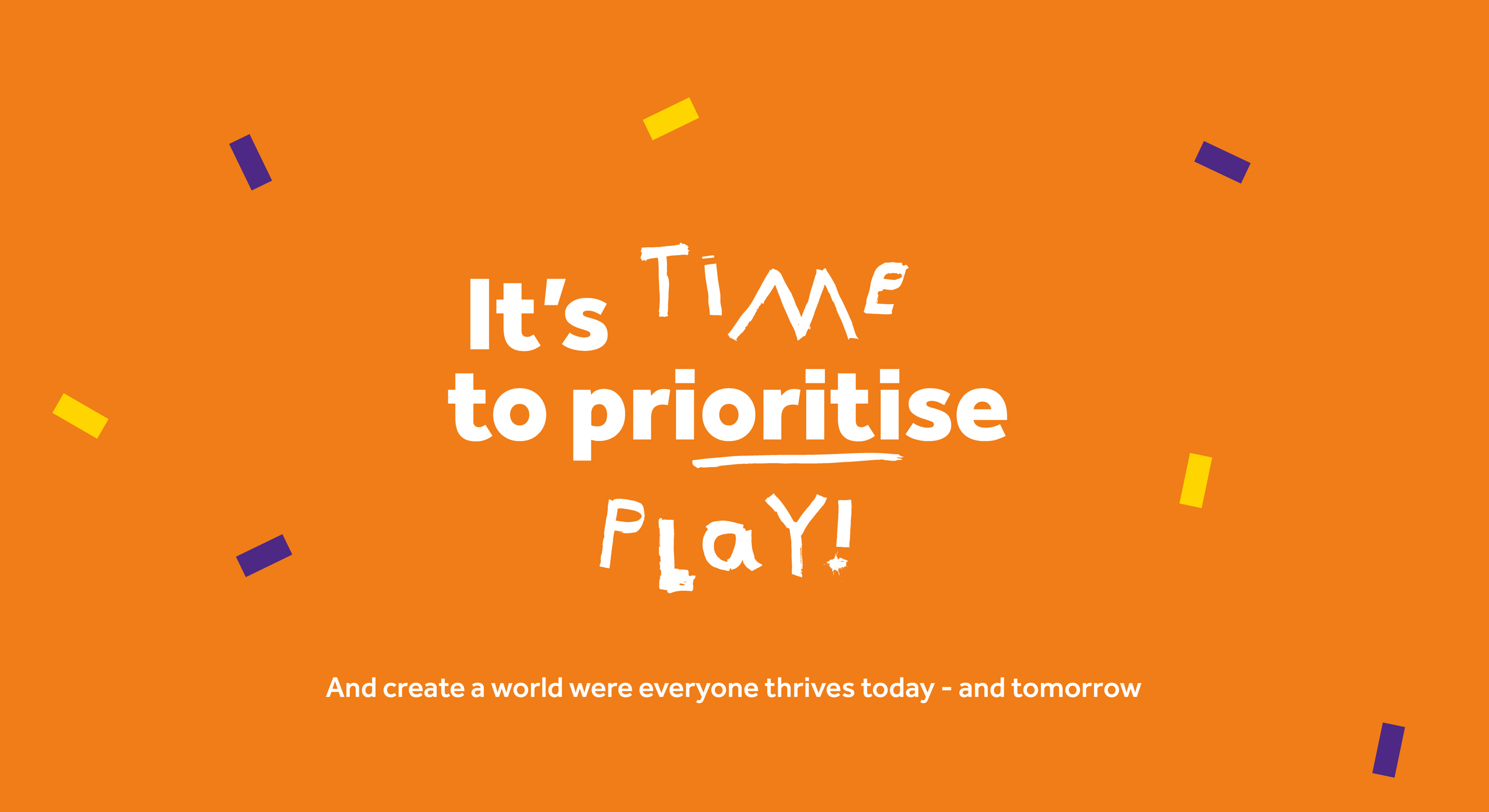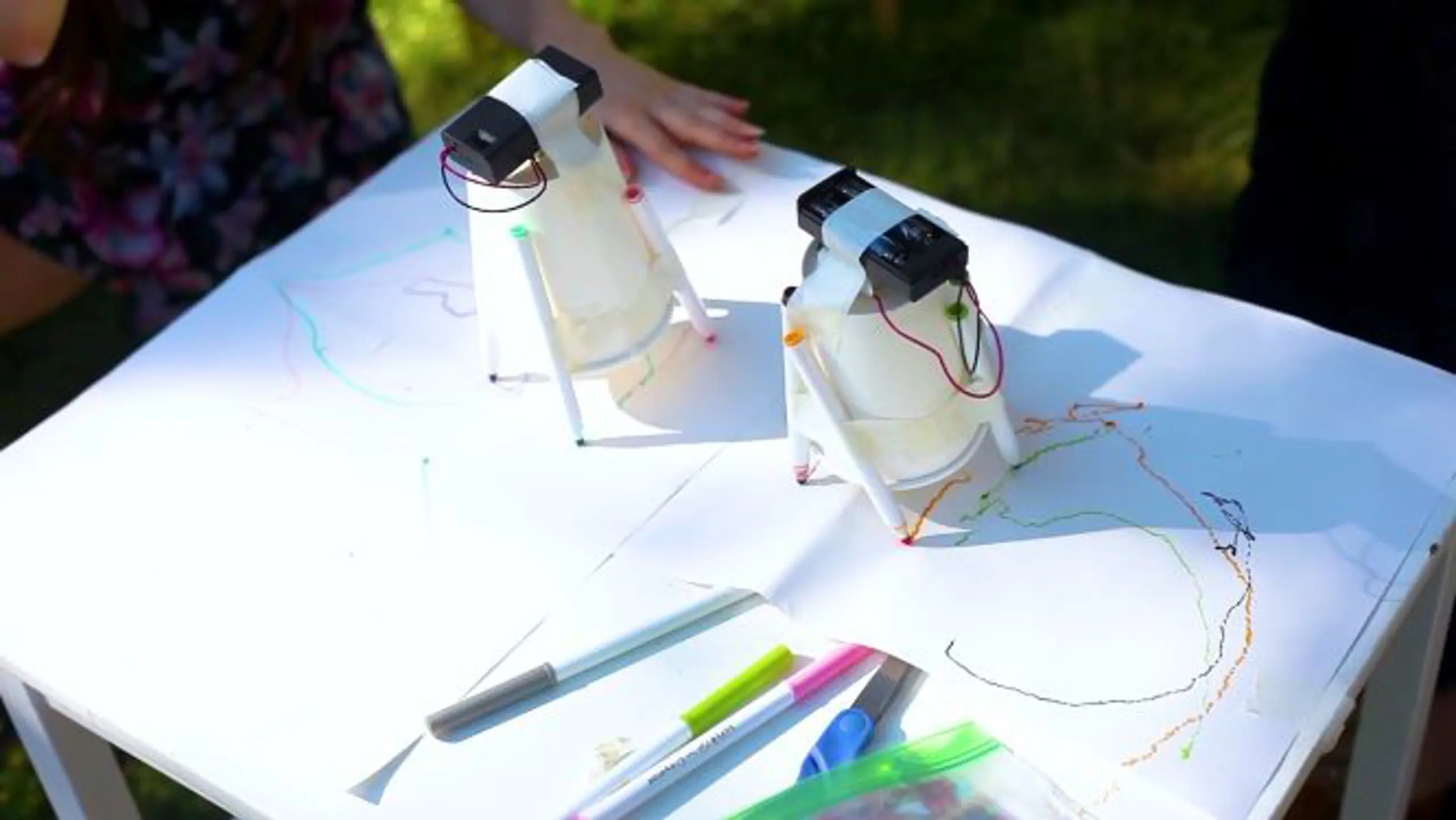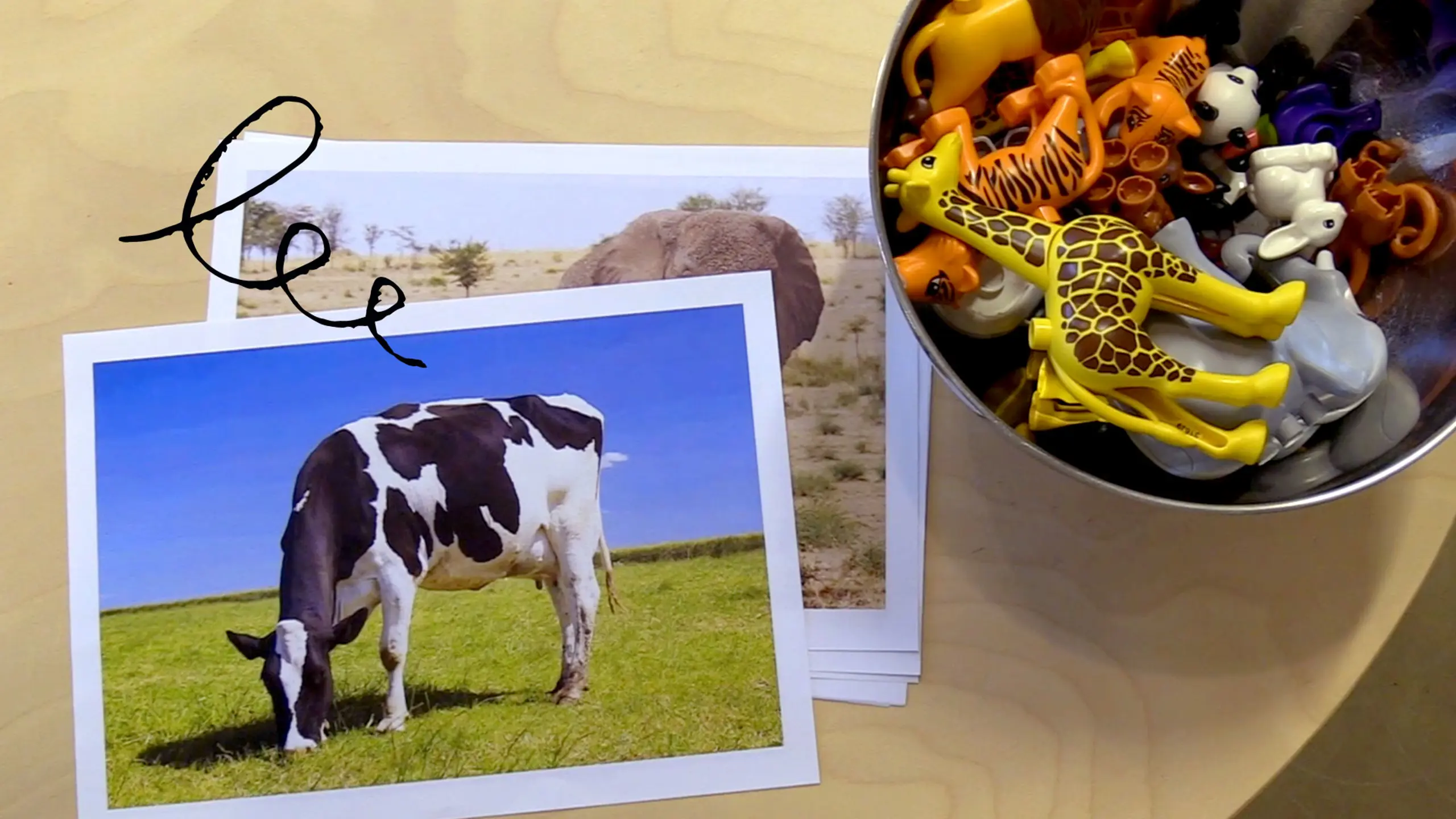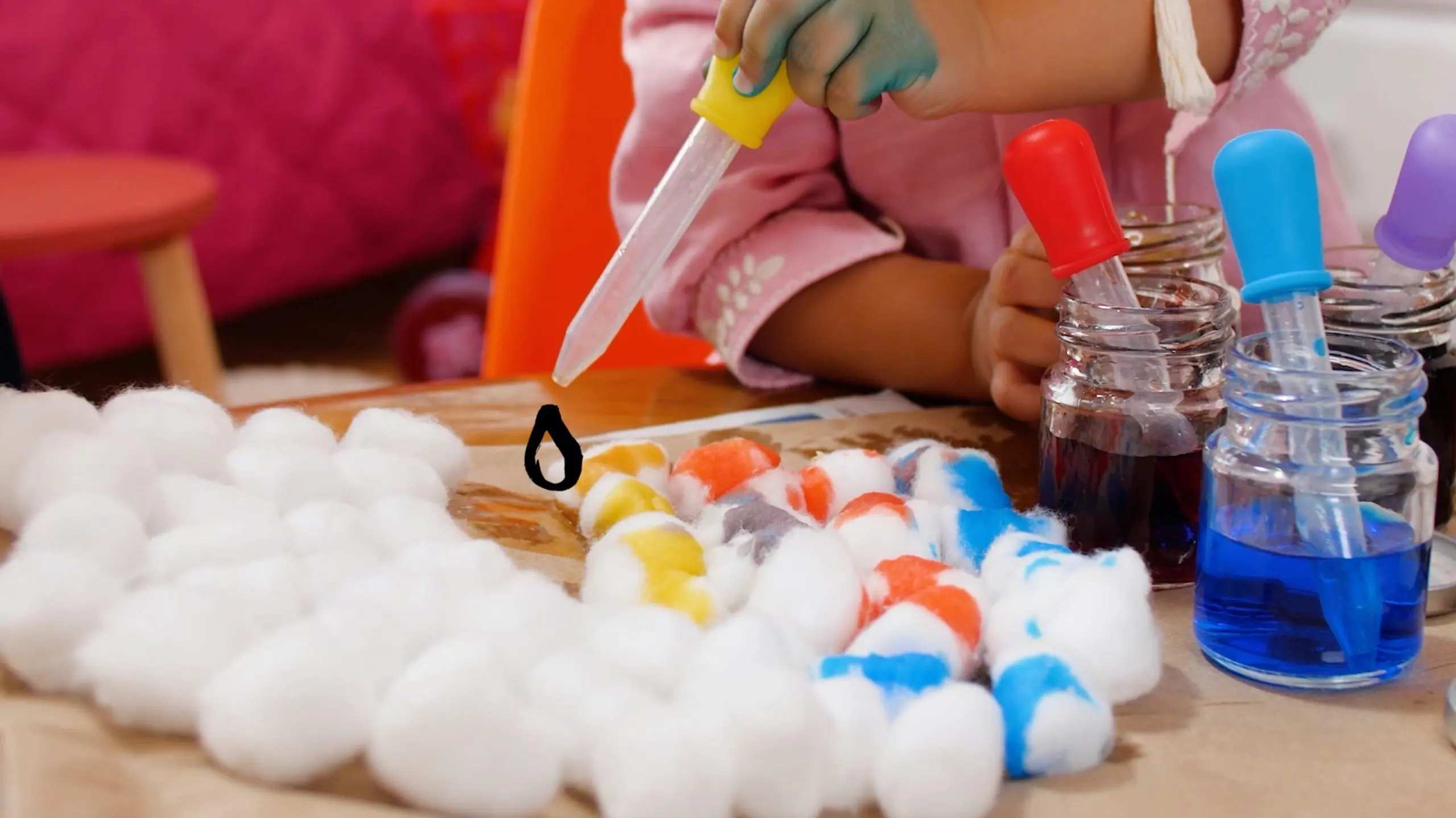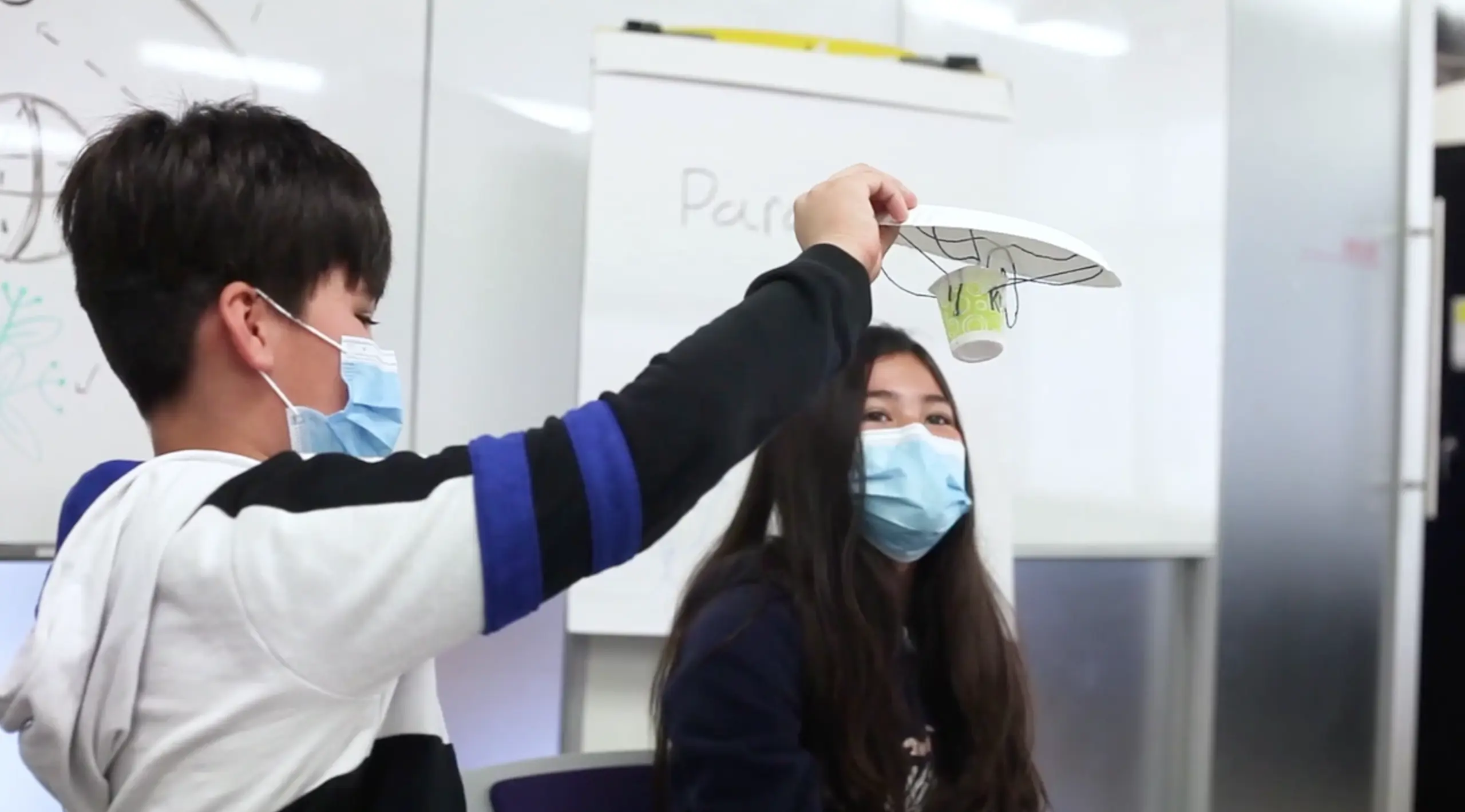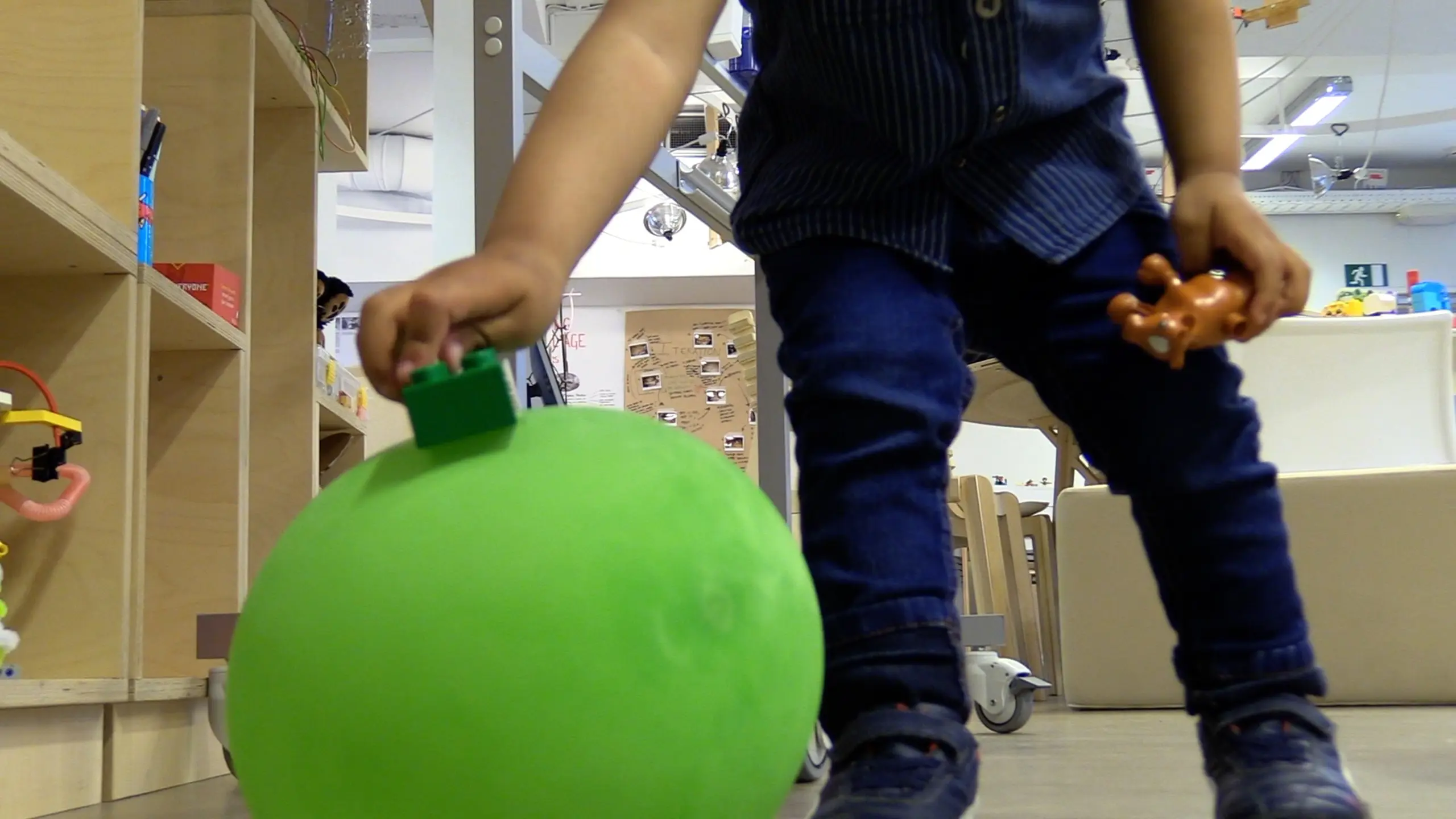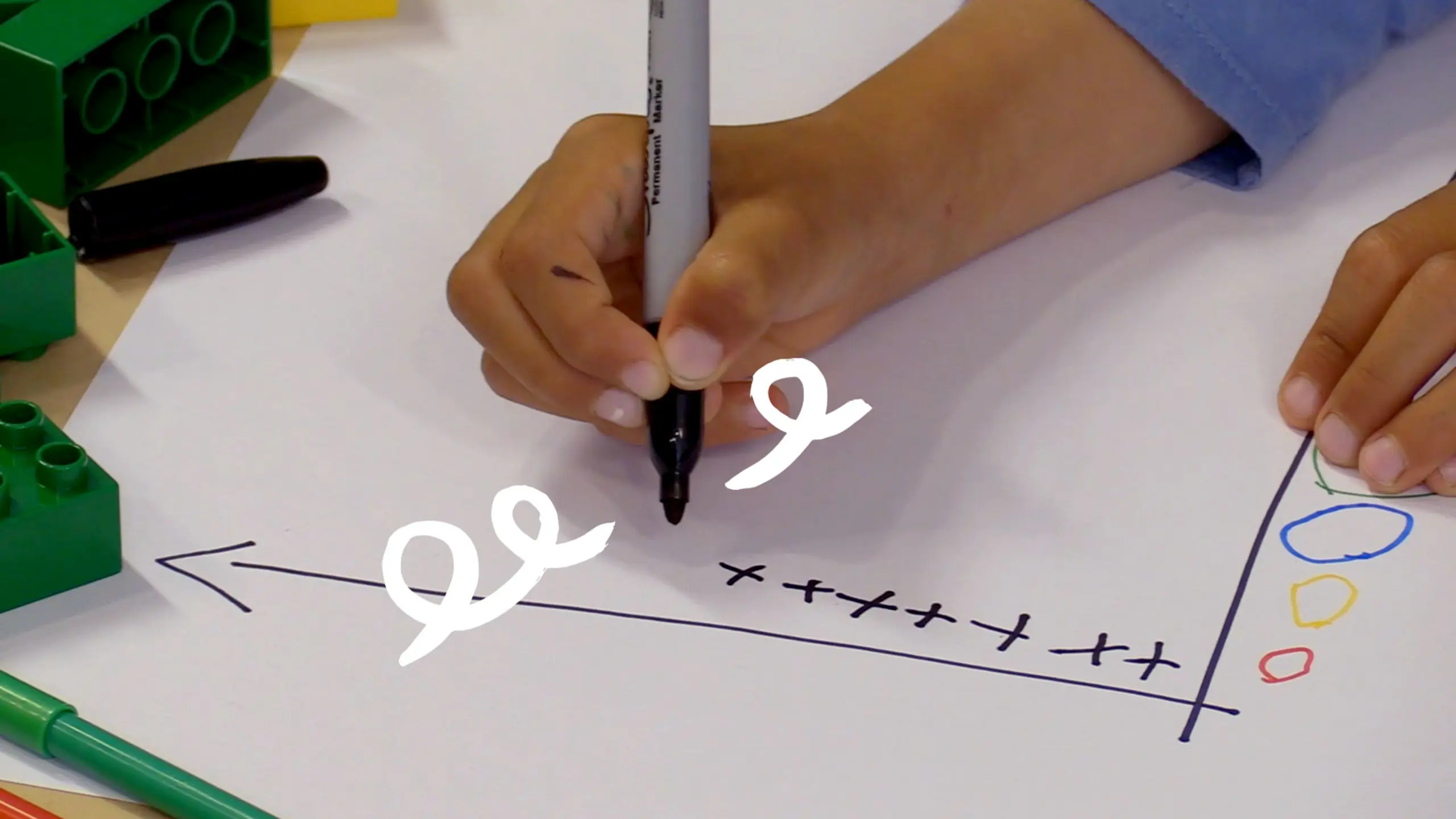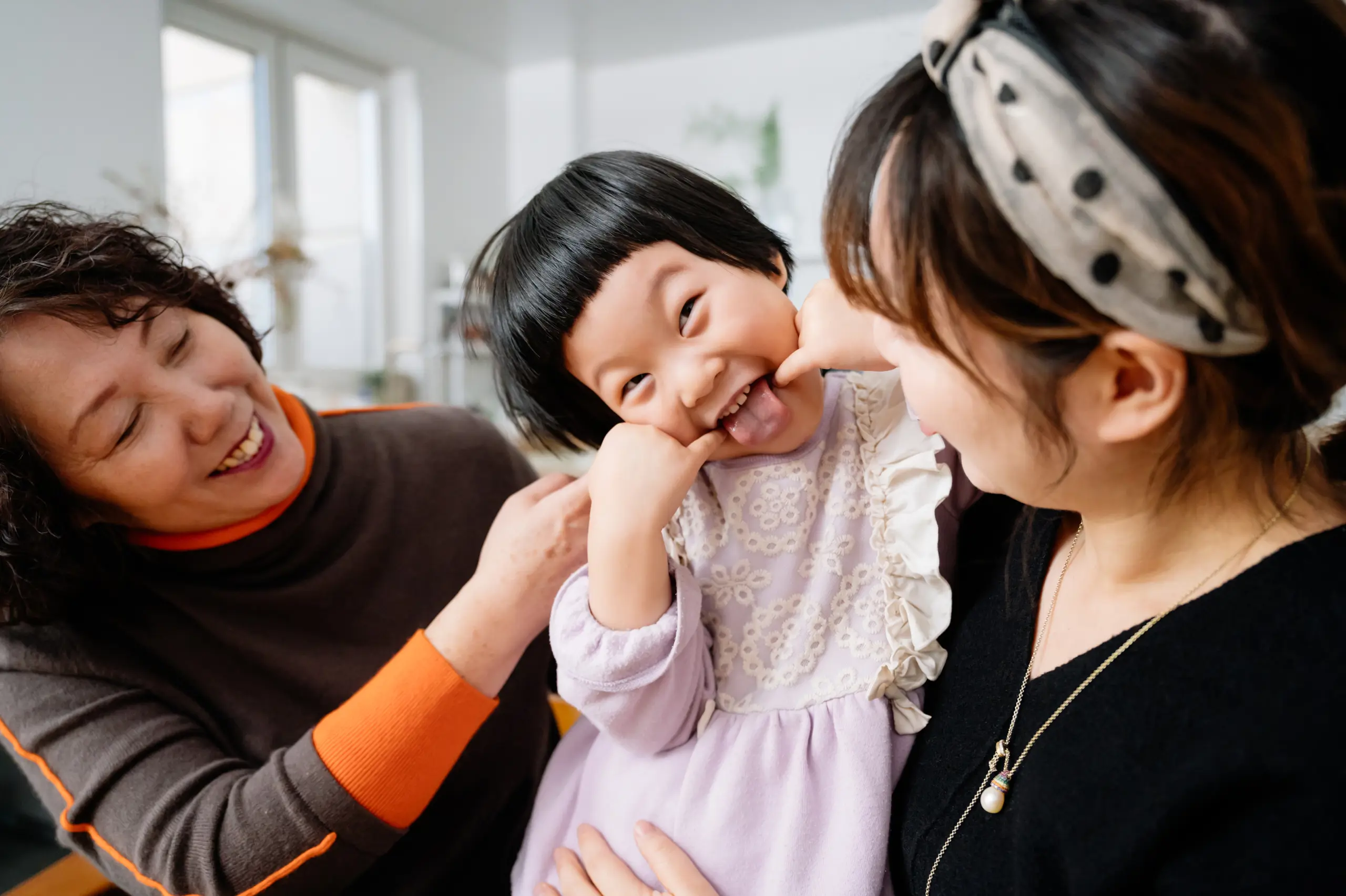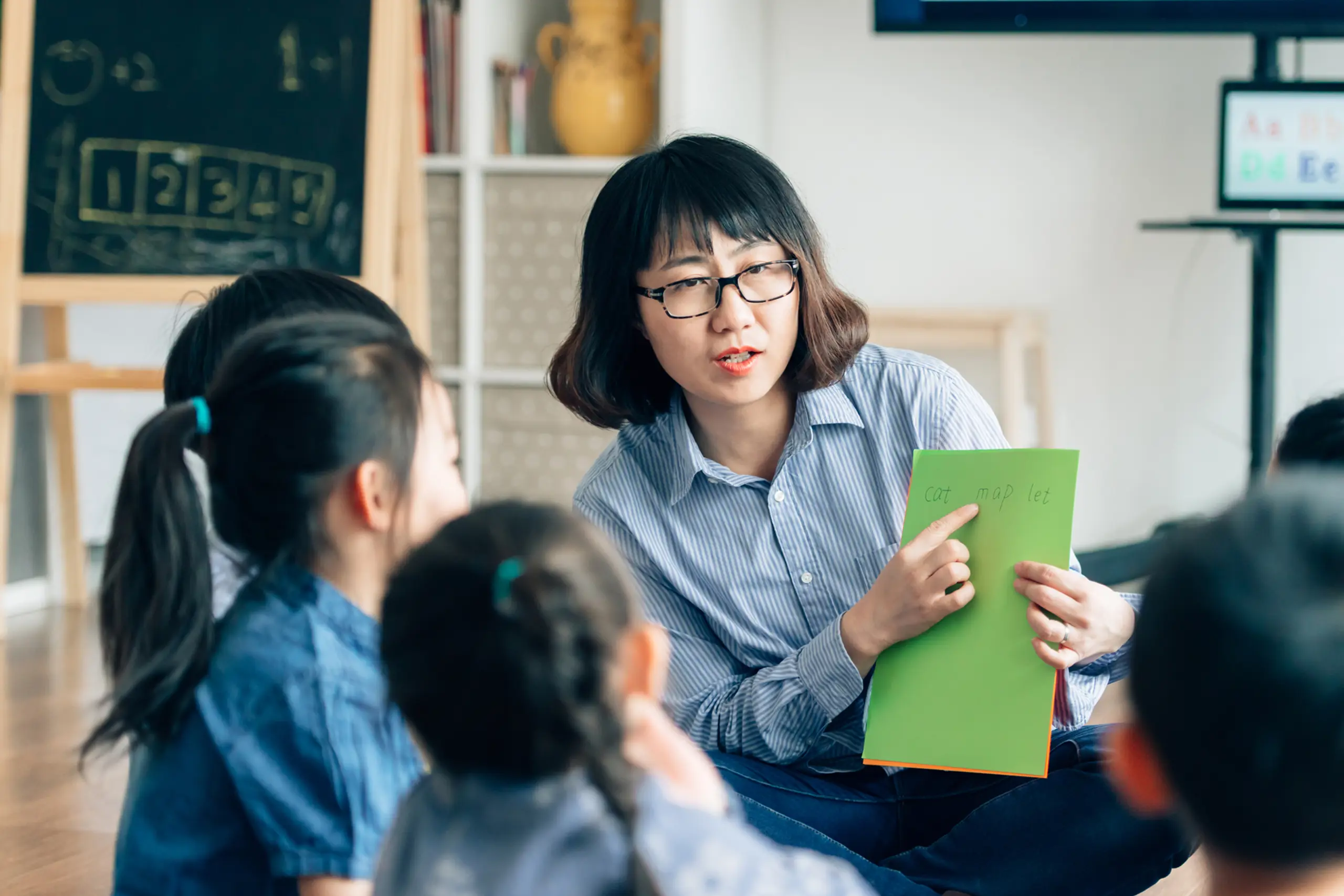We asked children around the world what they thought about play. Here’s what they had to say
It’s time to talk more and play more
You might not be surprised to hear parents still worry their children spend too long on tech.
Our research hints that more conversation could ease those worries – especially as a third of parents admitted they don’t know what their children do online. Around half also admitted they don’t talk about digital safety regularly, even though almost everyone agreed it was important.
On the flipside, 15% of children think their parents spend too long online, too (time that they could spend playing with the family instead). In fact, most children wished they could play with their parents more. But life’s busy. Grown-ups have jobs and housework. Children have school and homework and chores.
So, where does play fit? Our study says it’s time to put down the tablets and tech. Have a chat. And make space for play. It’ll make the whole family happier.
